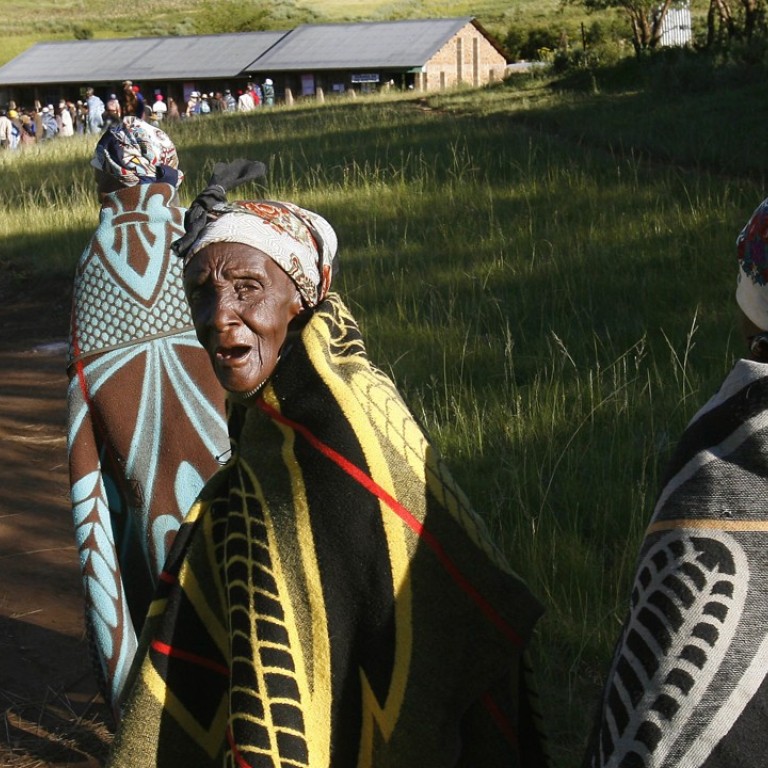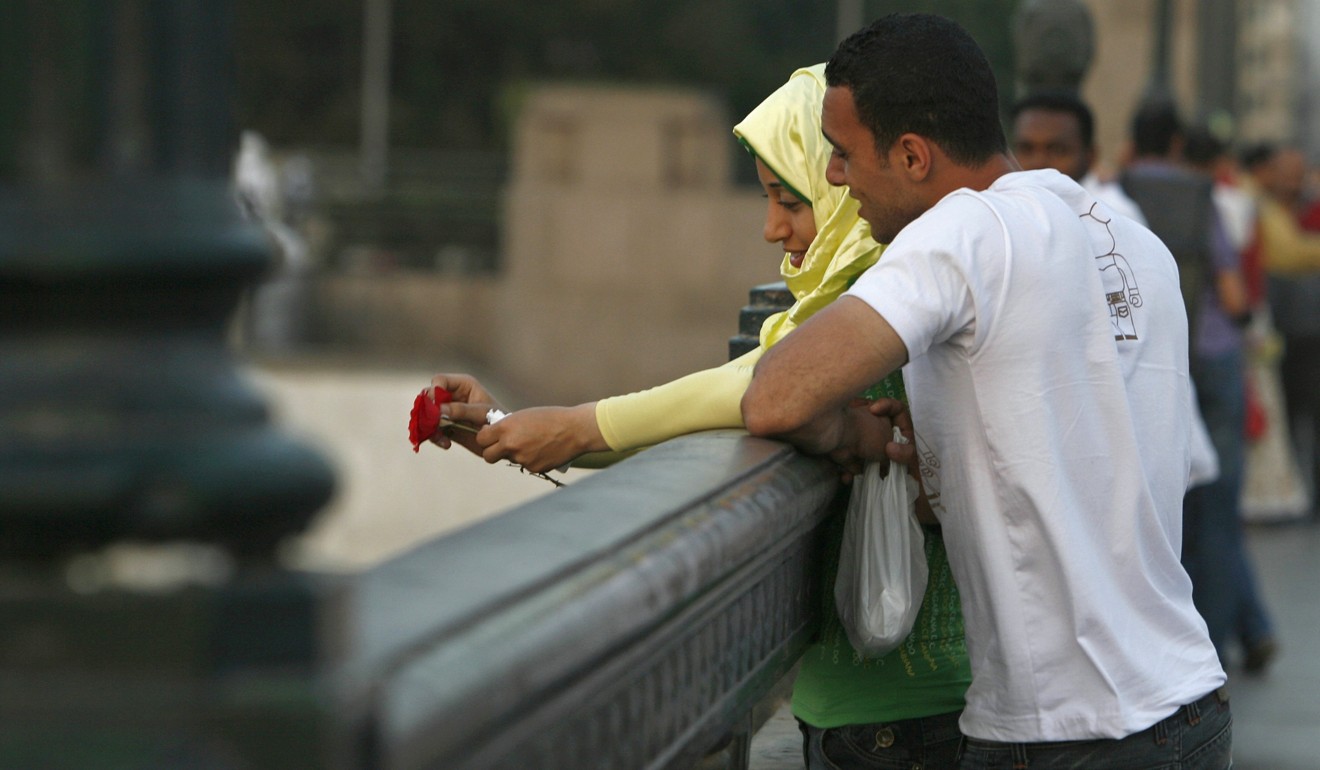
Long way to go for women even if in Saudi Arabia they can drive now. Five other discriminatory laws around the world
Despite small strides, women in many countries still face discrimination; in Singapore there is partial immunity for marital rape, in the African nation of Lesotho married woman can’t own land, and there’s more
Social media reaction to the lifting of the Saudi driving ban
The move was welcomed by women’s rights activists in the ultra-conservative Muslim country, and around the world. But for women there and elsewhere, there is still a long way to go before the battle for equal rights is won. Here are five of the many remaining laws that discriminate against women.
1. Singapore: Partial immunity for marital rape
Marital rape refers to non-consensual sexual intercourse between married spouses, and in Singapore, there is a partial immunity for this. It’s not a criminal offence except when the wife is below the age of 13.
2. Yemen: A woman is only half a witness
When a woman gives legal testimony before a court in Yemen, one of the Arab world's poorest countries, she is not recognised as a full person. That’s because the testimony of a single woman will only be taken seriously when it’s backed by a man’s testimony. In cases of adultery, libel, theft or sodomy, women can’t testify at all. In any event they would have to ask their husband’s permission to leave the house, although this rule can be bent if there’s an emergency such as the woman needing to attend to sick parents.

3. Saudi Arabia: Rape victim the guilty party
Instead of protecting rape victims, the law punishes the women for leaving the house without a male companion, for being alone with an unrelated man, or for getting pregnant as a result of rape. In a 2006 case, “Qatif girl”, a teenager gang-raped by seven men was sentenced by a judge to receive more lashes than was one of her rapists.
4. Lesotho: Women can’t own land
The landlocked kingdom encircled by South Africa has discriminatory land ownership laws. The Deeds Registry Act of 1967 specifically states that no land shall be registered in the name of a married woman, and that a woman cannot have independent ownership of property or land without cosigning with a man (either her husband or father). Widows can lose their homes when their husbands die.
5. Egypt: Adultery laws follow gender lines
Sex discrimination is alive and well in Egypt, in particular in the way the law treats adultery. Women found guilty of adultery are punished by up to two years’ imprisonment, but men face a maximum of only six months in prison. A woman wishing to prove that their husband has cheated on her must have witnessed his adultery and it has to have occurred in the marital home.

